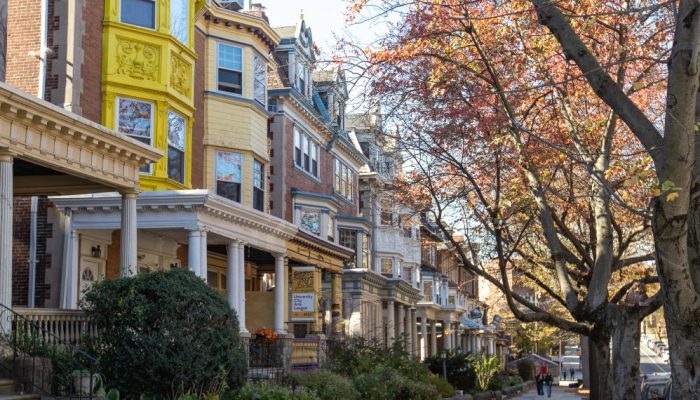Philadelphia’s Low-income senior citizen Real Estate Tax freeze has higher income limits starting October 23, 2018. More vulnerable seniors now qualify for a program that keeps their property taxes from rising.
To qualify for Senior Tax Freeze, your total income must now be $27,500 or less if you’re single, and $35,500 if a married couple.
When you enroll in the program, the Department of Revenue will lock in—or “freeze”—future Real Estate Tax bills at the current year’s amount. The tax rate or property assessments may jump in the future, but your Real Estate Tax bills won’t. The exception is if you have a 10-year tax abatement and it expires.
The program change comes at a critical time. Property Assessments may be higher for some Philadelphia residents in 2019. Eligible seniors who take advantage of Senior Tax Freeze can lock in future Real Estate Tax bills at 2018 levels.
What if the tax rate or your property assessment ever decreases? Senior Tax Freeze guarantees a bill at the lower amount. You’ll always get the best deal.
Deadline approaching fast
Eligible senior citizens should apply as soon as possible, including seniors who were rejected under the previous income guidelines.
Applications received and accepted after January 31, 2019 will still freeze Real Estate Tax bills. But at the 2019 level.
Besides the income guidelines, eligible participants must be:
- Aged 65 years or older; or
- Living with a spouse aged 65 years or older; or
- The widow or widower of someone who was at least 65 when they passed away.
Senior Tax Freeze has changed because of new Commonwealth legislation. On October 23, Governor Tom Wolf signed a new law to increase income limits for the Pennsylvania’s prescription assistance program for older adults, or PACENET. Senior Tax Freeze’s income limits are based on PACENET’s standard, and as a result were also increased.




